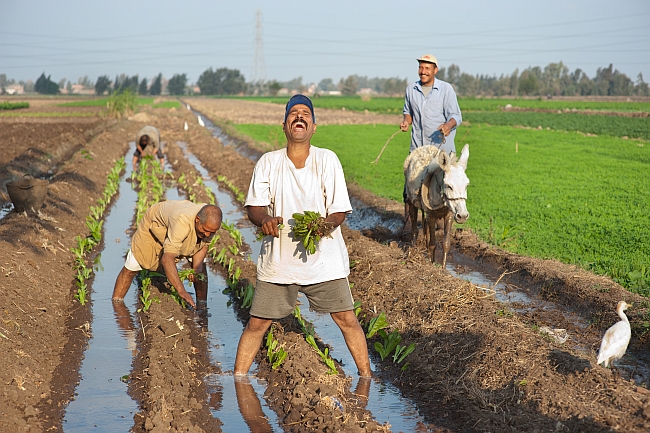Egyptian researchers at the University of Alexandria recently unveiled new technology that filters contaminated or saltwater into clean, drinkable water at a lower cost than current desalination technology.
Most countries in the Middle East and North Africa region use a high-cost desalination process that is based on reverse-osmosis technology, where the water is processed through polymer membranes to reduce the salt particles in the water. However, this technology is expensive – largely due to the amount of electricity required to process the water through the membranes.
The new Egyptian technology relies on a two-step process called pervaporation. First, the water is processed through synthetic membranes containing cellulose acetate powder to remove large particles, and then the water is heated until it evaporates. The water is then condensed once again, yielding clean, potable water.
According to the report, which was published in Water and Science Technology in August 2015, the yielded water has a 99.7% salt rejection. The same technology can also be used to filter other contaminants, such as dirt or sewage.
Since this process does not require any electricity, it is a viable solution for developing countries without the financial means to invest large amounts of money into providing clean, drinkable water.
The researchers also used materials that are “abundant in Egypt and developing countries” to create the synthetic membrane, further cutting costs and increasing the viability of the technology.







Comments (6)
xcn5bsn5bvtb7sdn5cnvbttecc
[…]Wonderful story, reckoned we could combine a number of unrelated data, nonetheless truly really worth taking a search, whoa did one understand about Mid East has got extra problerms at the same time […]
ccn2785xdnwdc5bwedsj4wsndb
[…]please stop by the internet sites we follow, such as this a single, because it represents our picks from the web[…]